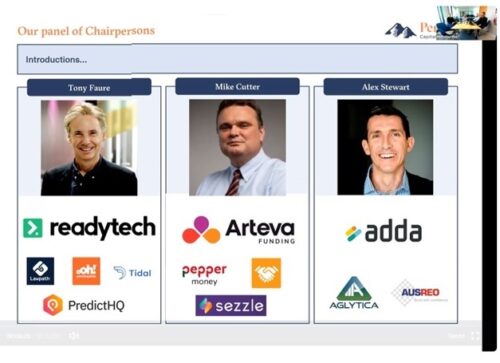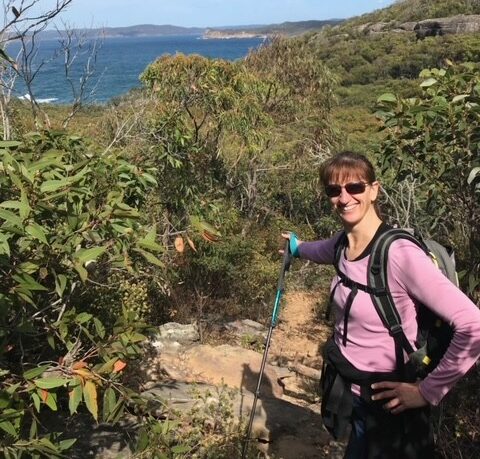Tom Matthews
If you are like most founders, then you probably have the majority of your wealth tied up in the family home and business. At times, you’ve likely needed to access some of this – maybe one of your children is getting married and is asking you to contribute to the cost of the wedding or is about to go to university and needs help with the tuition fees.
However, unlocking your wealth is not as easy as you may have thought. Many founders are reluctant to re-mortgage the family home and increase their personal financial risk in case of tougher economic times ahead. To unlock wealth tied up in your business, you’ve probably only considered an outright sale. An alternative approach, which you may not be aware of, is a partial sale and a partnership with an experienced growth investor.
The benefits of a partial sale of your business
- De-risk your personal financial position. A partial sale can enable a founder to sell some of their shareholding and use these proceeds to pay off their mortgage, to cover school fees or as a nest egg for their children or grandchildren
- Maintain operational control. Selling part of your business can help to de-risk a founder’s own personal finances whilst allowing them to stay closely involved and in control of their business. With the combination of personal financial security and the help of an experienced growth investor, founders can afford to be bolder in their strategic decision-making and maintain operational control of their business
- Accelerate the growth of your business. By partnering with the right growth investor, founders may be able to achieve accelerated revenue and profit growth in their business over and above what they could have achieved on their own. Specialist growth investors like Pemba are experts at creating value and can provide the financial resources, strategic support and expertise, as well as access to their deep networks and connections to help a founder accelerate sustainable growth of their business. One study by Boston Consulting Group found that c.70% of private equity investments generated at least 20% growth in profits and nearly half saw growth of 50% or more
- Share in the upside on the future sale event. By selling part of their business on completion and retaining an ongoing equity stake, founders can realise some of the value tied up in their company but maintain a shareholding and share in the upside from the next stage of the growth journey. They can therefore benefit from an additional “pay day” on exit of the enlarged group. This is known by growth investors as the “two pay day” structure.
The “two pay day” structure – an illustrative example
Let’s assume a founder-owned company has been growing historically at 5-10% per year over the last few years and the business currently generates $3.5m in profit.
The founder is considering two options, namely: (i) a 100% sale now; and (ii) a “two pay day” structure (i.e. a sale of 70% on completion and partnering with an experienced growth investor with the capital, strategic expertise and access to networks that can accelerate the growth rate of the company to 25% per year over the next 5 years).
Option 1: a 100% sale now
The following table sets out the illustrative proceeds to the founder under Option 1:

Options 2: a “two pay day” structure
Assuming the same valuation as per Option 1, but that the founder only sells 70% of their shareholding to the growth investor (rather than 100% under Option 1), then, as per the diagram below, this would give them day 1 cash out proceeds of c.$17.2m (i.e. $24.5m x 70%) and the founder would retain a 30% shareholding alongside the growth investor.

The following chart shows the illustrative impact of accelerated scaling of the business by partnering with an experienced growth investor.

The table below sets out the illustrative total proceeds to the founder under Option 2 (both on the upfront sale of 70% and the future sale event):

The final table sets out a comparison of the illustrative total proceeds to the founder under both options.

The “two pay day structure” – the best of both worlds
As the table above shows, if a business owner sells 100% of their company, then they will not get to benefit from the ongoing growth of their organisation after the sale and will therefore not share in the upside.
By selling part of their business on completion and retaining an ongoing equity stake, a founder can realise some of the value tied up in their company (de-risk their personal financial position), take part in the next stage of the growth journey and benefit from a second pay day on the future sale event. By partnering with the right growth investor, founders can generate higher total proceeds than if they sold 100% of their business.
What next?
If you would like to find out more about Pemba’s “two pay day” structure, then please email me at tomm@pemba.com.au and I’ll be happy to discuss further.



